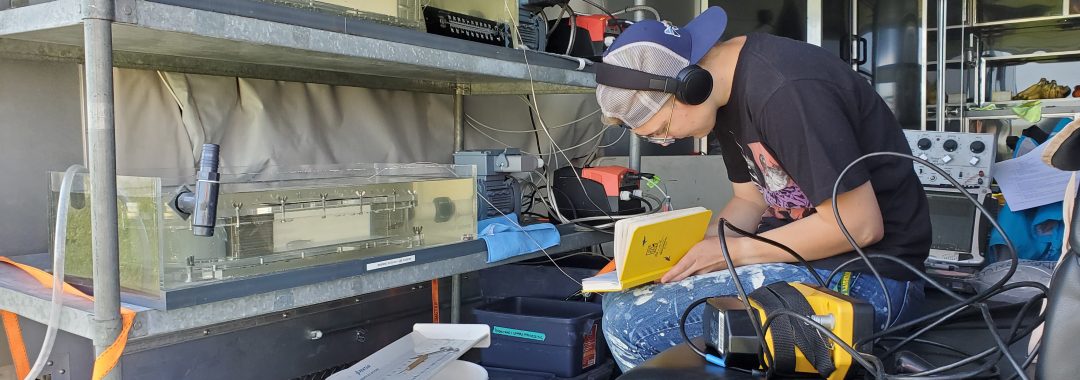Abstract:
Effective conservation requires that species recovery measures are informed by rigorous scientific research. For imperilled freshwater fishes and mussels in Canada, numerous research gaps exist, in part owing to the need for specialized research methods. The Canadian Freshwater Species at Risk Research Network (SARNET) was formed, and identified or implemented approaches to address current research gaps, including: 1) captive experimental research populations; 2) non-lethal methods for estimating abundance and distribution; 3) non-lethal field methods to measure life-history parameters; 4) species distribution models informed by co-occurring species; 5) integration of conservation physiology into habitat and threat science; 6) evidence syntheses to evaluate threats and recovery strategies; 7) disease-transmission models to understand mussel-host relationships; 8) experimental mesocosms and manipulative experiments to evaluate key habitat stressors; 9) threat and hazard models for predictive applications; and, 10) rigorous evaluation of surrogate species. Over a dozen threat and recovery-focused SARNET-research applications are summarized, demonstrating the value of a coordinated research program between academics and government to advance scientific research on, and to support the recovery of, imperilled freshwater species.
Citation: Castaneda, R.A., Ackerman, J.D., Chapman, L.J., Cooke, S.J., Cuddington, K., Dextrase, A., Jackson, D.A., Koops, M.A., Krkosek, M., Loftus, K., Mandrak, N.E., Martel, A.L., Molnar, P., Morris, T.J., Pitcher, T.E., Poesch, M.S., Power, M., Pratt, T.C., Reid, S.M., Rodriguez, M.A., Rosenfeld, J., Wilson, C., Zanatta, D.T. and D.A.R. Drake. (2021) Approaches and research needs for advancing the protection and recovery of imperilled freshwater fishes and mussels in Canada. Canadian Journal of Fisheries and Aquatic Sciences 78 (9): 1356-1370.
Also Read:
*Lab members: Mark Poesch. Check out opportunities in the lab!

